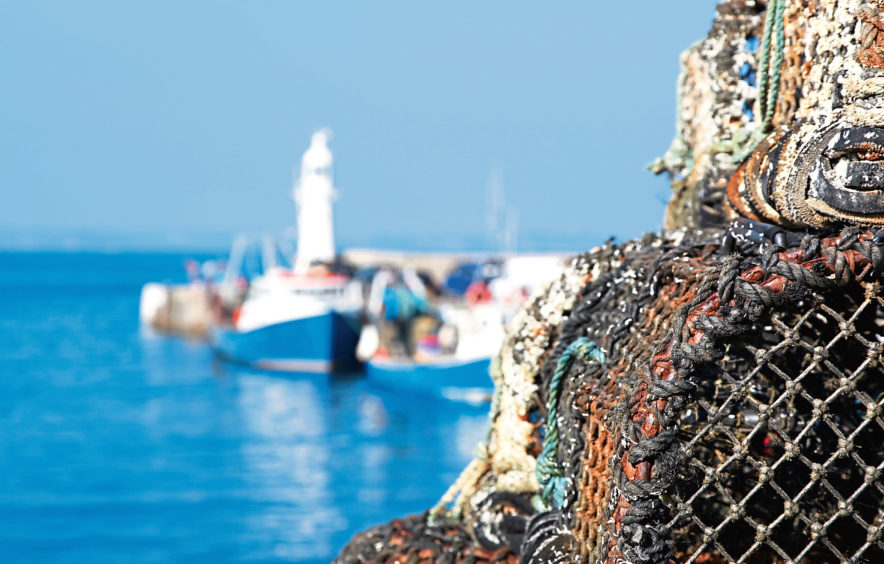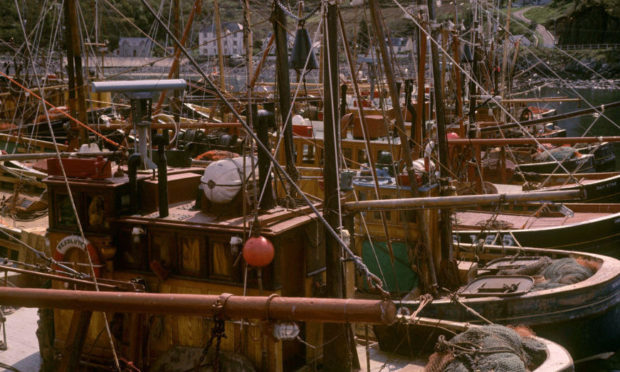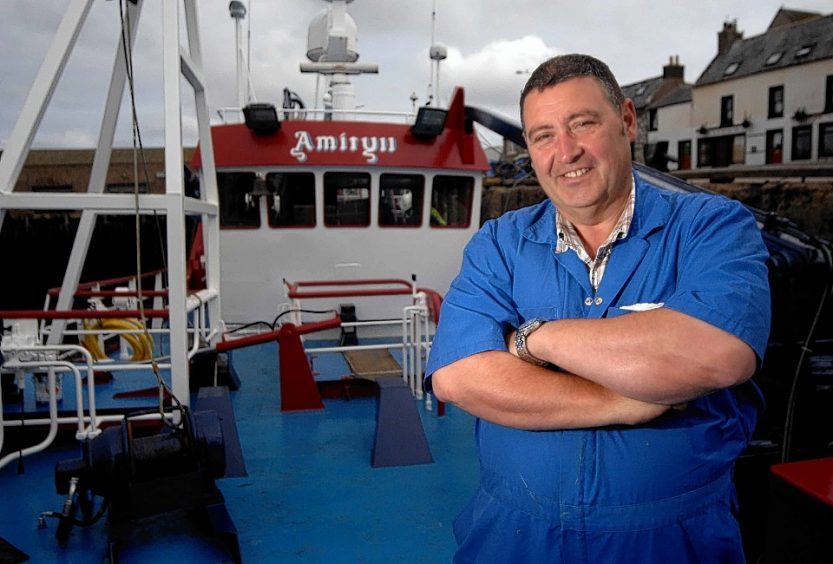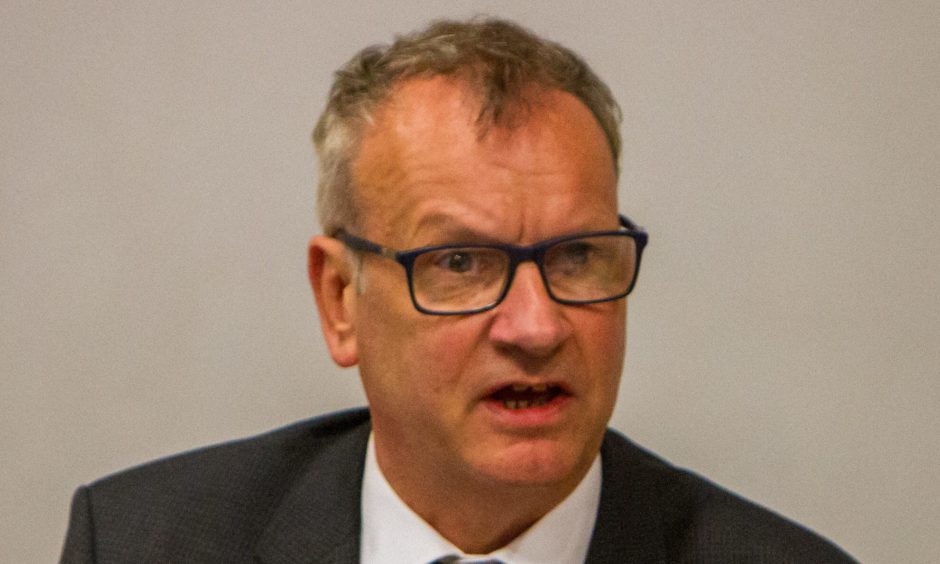A second wave of coronavirus and a no-deal Brexit this winter would have a “seriously detrimental impact on the viability” of the Scottish fishing sector, MPs have heard.
Industry leaders warned the shellfish industry was at particular risk due to its reliance on the hospitality sector, which has been in and out of lockdown since the onset of the pandemic.
Scottish Seafood Association boss Jimmy Buchan said social distancing in restaurants was having a “serious effect” on the profitability of the industry.
“The shellfish sector is still in at probably only 50% of capacity or where it should be at this time of the year, so that continues to be a concern,” he told the Scottish affairs committee.
“We must be very aware that the shellfish sector continues to suffer; until we see some sort of normality return then we aren’t going to find a huge market for that product.”
He added: “With social distancing, a lot of restaurants, if they were 100 capacity they’re now 50, so if you’re reducing your capacity by 50%, then consumption is pretty much going to go that way.”
SNP MP Pete Wishart, who chairs the committee, asked if the industry could cope with the “potential double whammy of a second wave and no-deal Brexit”.
Scottish processing bosses warned last year that the industry could face a yearly bill of £34 million to export to Europe without a deal.
John Anderson, chief executive of the Scottish Fishermen’s Organisation, said: “Clearly any further market failures resulting from second waves, lockdowns and so on would have a seriously detrimental impact on the viability of the industry.”
Mr Buchan added: “A no-deal basically means that the market is going to be more difficult to sell to, but we are going to live for the day that we do get the outcome that helps this industry move forward, that’s in the hands of the politicians.
“We need to get a deal that works for all of industry.”

Mr Buchan said whatever the outcome of the Brexit negotiations, it was “crucial” for the UK Government to invest onshore.
“That’s going to be crucial in growing this industry going forward,” he said.
“From that, I’m confident that communities and business can grow, and if that’s happening, then we’ve got a thriving industry.
“If we don’t (invest), the consequences are that fish may be landed out of country and the economic benefit will be lost to the communities.”


